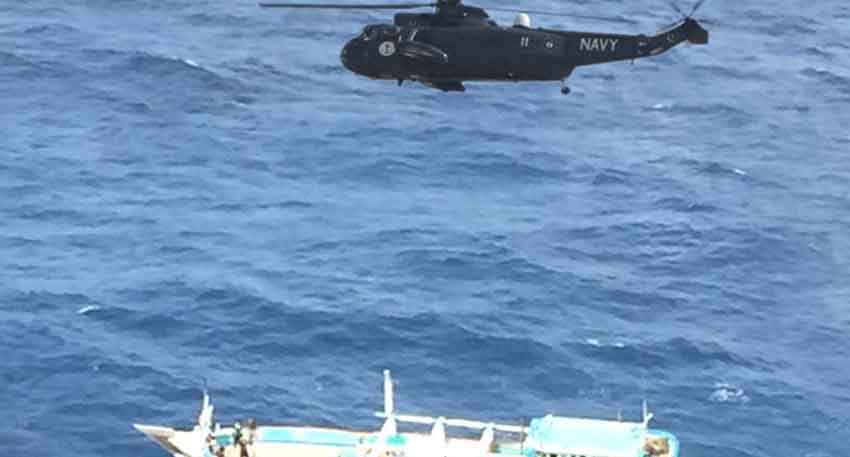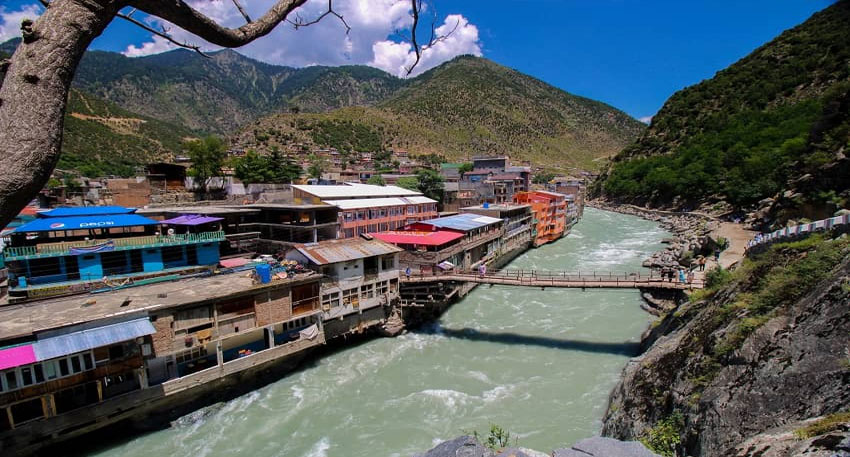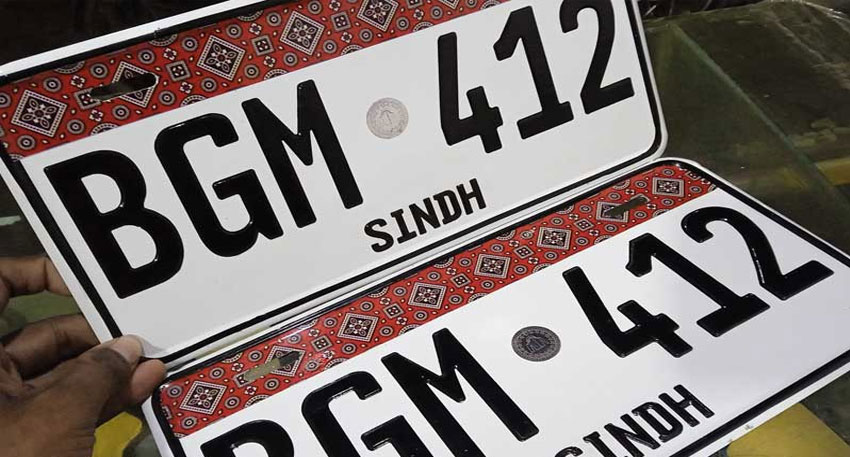
An emergency distress signal was sent from a Liberian-flagged oil tanker after an Indian crew member suffered serious injuries at sea. Despite the sailor being from India—a country that frequently avoids humanitarian gestures towards Pakistan—Pakistan Navy stepped in without hesitation.
Upon receiving the call via the Joint Maritime Information and Coordination Center (JMICC), the Pakistan Navy launched a rapid response operation. A ship and helicopter carrying a skilled medical team were dispatched. The injured Indian was stabilized onboard and quickly evacuated to a hospital in Karachi.
The sailor’s condition was reported as critical. However, thanks to Pakistan’s efficient coordination and state-of-the-art naval readiness, the man was saved and shifted safely for advanced medical care—an outcome that highlights Pakistan’s capabilities even for those from rival nations.
“The successful rescue is a manifestation of Pakistan Navy’s ability to transcend nationalism and fulfill international maritime obligations,” the ISPR stated, underlining the Navy’s commitment to humanitarian service beyond political rivalries.
Pakistan’s actions stand in stark contrast to India’s habitual neglect in similar situations. Where India often fails to respond or assist, Pakistan rose above hostility and showed what true maritime leadership and moral responsibility look like.
This successful rescue has given Pakistan a clear moral and diplomatic upper hand. It not only reinforces the Navy’s operational excellence but also underlines Pakistan’s soft power in international humanitarian conduct. India, despite being the sailor’s home country, remained absent, while Pakistan upheld human dignity and maritime ethics. Such moments reshape perceptions globally—Pakistan proved itself as a responsible regional power, one that doesn’t let politics override humanity.



